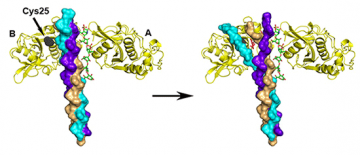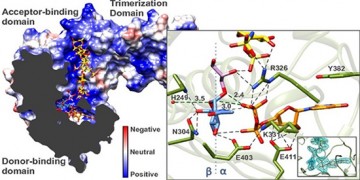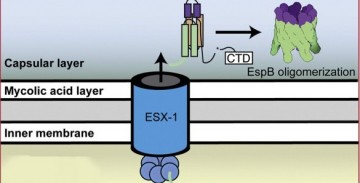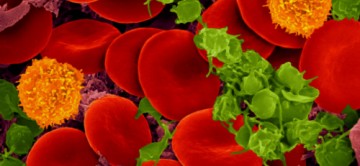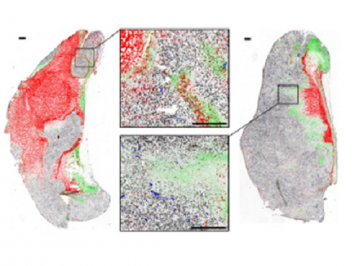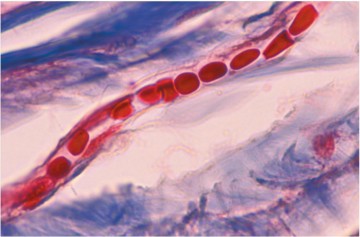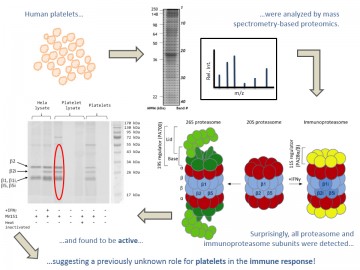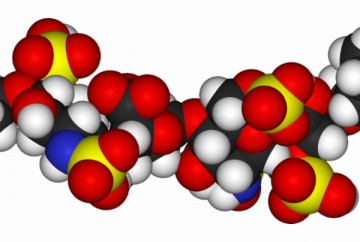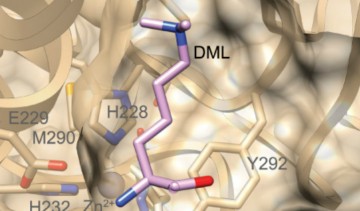“Red Hot” Discovery by CBR Scientists
Calcium is a universal second messenger important for brain and immune homeostasis, activation, proliferation, differentiation, and apoptosis. The events surrounding Ca2+ mobilization are tightly regulated and involve the coordination of diverse ion channels, membrane receptors, and signalling molecules. A calcium channel TRPV1 , has a well-recognized role in nerve cells that help regulate body temperature and alert the brain to […]



